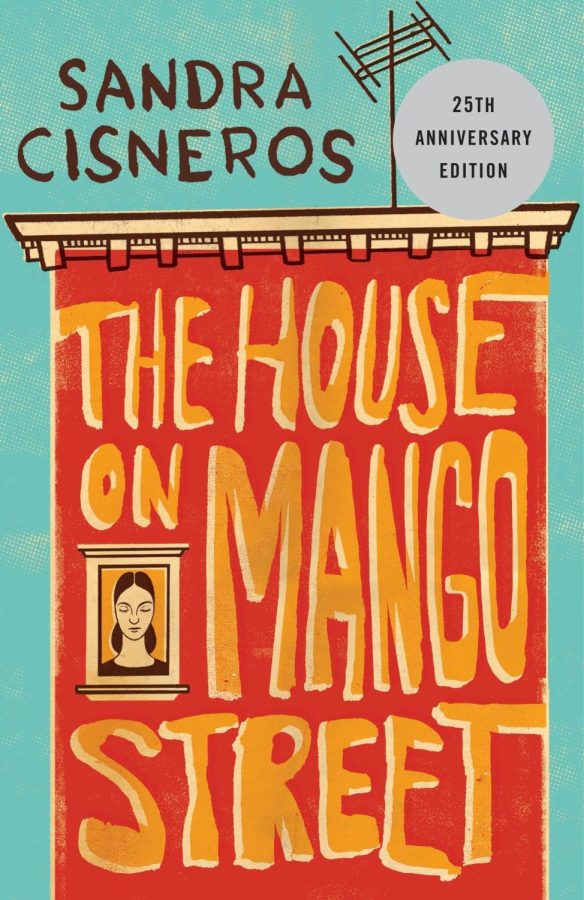I have a stupid little yearly tradition that keeps me sane.
I’ve kept a little reading log ever since 2019, documenting all the books that I read. As a kid coming out of an anime phase with no money or video games that lived close to the library, I read a lot. I didn’t read any literary classics other than Alice’s Adventures in Wonderland, mostly way too much manga, cutesy comics or anything related to the Hitchhiker’s Guide to the Galaxy. Though my tastes have, mostly, changed since then.
I finished 49 books during 2021, and if that sounds impressive please know that I re-read the first book on this list four times and it’s a tiny, tiny book that can fit in one’s pocket.
If that doesn’t sound impressive, also know that I love big books with tiny text that break into the 600 – 900 page range. It’s rare for me to have the typical 200 or so page novel, don’t know why, but to get stuck in book counts or page numbers at all would be to miss the point entirely. We’re reading, the point is to have fun.
And have fun, I did.
School Girl by Osamu Dazai
Schoolgirl is a novella written by Osamu Dazai in 1939. It follows a Japanese schoolgirl waking up, going to school and then coming home to a dinner party before going to sleep. It sounds boring, incredibly boring, but Dazai, as perhaps the most beloved Japanese author of all time, is anything but.
The first thing you need to know about me is I love this author and especially his later books, No Longer Human, his most popular, and the criminally underrated The Setting Sun. These were published shortly before he took his own life in 1948. As a communist party affiliated bohemian son of a wealthy landowner, the man lived an interesting life, which is obviously reflected in his books. His books often hold a biographical feeling to them. Obviously all books reflect the life of the writer in some way or another, but Dazai commonly wrote about people with conditions extremely similar to him, often with incredibly similar lives from a first person perspective, where the characters would often give these self deprecating rants about life and so on. They’re pretty heavy, with plenty of reflections on isolation and such topics. Schoolgirl, as a book published almost a decade before all this, runs deep with a more youthful excitement and energy.
Like his other works, it’s obvious that Dazai is actually writing about himself. Schoolgirl is written from a first person perspective, with the main character often losing track of her own thoughts, which tend to conflict with one another. Dazai’s schoolgirl goes from complaining about the despair of mornings, to freaking out about her exclamations, ranting about her glasses and then talking about her eyes just as she wakes up. She’s incredibly energetic and observant, going on tangents about the pretensions of opinion writers (ouch) and literary trends at the time to feelings on the then ongoing war with China, not thoughts a high schooler tends to occupy themselves with, which is the joy of the book.
Schoolgirl reads like a creative manifesto, a firm demand for a style of storytelling, of philosophical principles regarding character, politics and so on, made interesting through the passion and practice said demands. The character, of a high schooler simply going through the day is relatable, her thoughts no matter the depth, are made interesting through their speed. And her observations on the elitism of her elders, her teachers and the standards the society as a whole holds her to, ring as so strong and true, even when the mask slips, Dazai drives forward with full force. The point isn’t accuracy, the point is to make a statement, the statement being the book itself.
This little thing quickly became one of my favorite books of all time, built entirely on the weight of a single moment. American propaganda from the time of the war portrays the Japanese as a mindless people brainwashed from their society to fulfill the wishes of the emperor, and all sorts of ignorant racist caricatures that spring from that narrative. Yet, when our main character is lectured on the importance of nationalism and loyalty to the emperor she doesn’t obsess over every little detail, nor does she protest it in her mind. She merely does what every other student would do, she stares out the window and daydreams.
The House on Mango Street By Sandra Cisneros
Another book that quickly climbed to my top three. The House on Mango Street follows Esperanza, a 12 year old in Chicago and her life in her part of the city. There are no quotation marks, chapters are usually a page or two and self contained, and the perspective is highly subjective and deeply emotional. You’ll notice a pattern there.
What makes this book so magical is its language. It isn’t simple, there is a lot going on, but it’s easily readable. Everything works together to create this easy, childlike perspective to help everything flow. Chapters follow a quick story before jumping into the next, with little besides characters to connect them. The lack of quotation marks even makes it easy on the eyes, allowing dialogue and description to simply flow into each other. This doesn’t even touch the perspective of the character herself, viewing things like drug dealers through the innocent eyes of a young girl.
The book isn’t a simple collection of mini stories though, but a more deep meditation on America as a whole, viewing things like racism, misogyny, immigration, sexuality and so on, through this innocent perspective, forcing us to confront it from a different point of view than our cluttered ones. It’s a powerful book, and in one way, pretty easy to read, though in terms of content, there is a lot to sift through and observe. I’d have to give a content warning though, as a few of the items explored in the book can be quite triggering, including a rape scene. But if you can read that, you’ll find the closest experience to prose poetry I’d ever experienced, and it’s just as fun as that sounds.
Before the Storm By Rick Perlstein
Before the Storm documents the presidential election of 1964 with focus on the candidacy of Republican Barry Goldwater, a man that a young spokesman for General Electric, Ronald Reagan, would endorse, sparking his own political career off of his speaking skills.
Biographer Rick Perlstein documents, who he claims to be, the father of modern conservatism through a birds eye view that isn’t afraid to jump into the mind of voters, or the minds of observers who disagreed with the man. Though Barry Goldwater would end up winning the candidacy of the Republican party, his insistence on limited government, “states rights” as opposed to federally protected civil rights against Jim Crow and defense of “extremism in defense of liberty” made him unpopular with his contemporaries. Personally, I despised the beliefs he held during this time period, and I’d argue that he upheld white supremacy, but the genius of Perlstein is acknowledging, not ignoring or underscoring these moments, and bringing up convincing points or considerations that voters had to support him as well.
In choice scenes, Perlstein documents the disappointment that many a fairly average voter may have with his government, documenting disappointments with the UN, the Cold War, tax system, unions and so on, putting enough emotion and power into his words to make even myself, who is far from a conservative, understand why someone would’ve voted for him. In other scenes, Perlstein documents the thoughts of those who despised what he represented, dramatically recreating a moment during the Republican National Convention following Goldwater’s acceptance speech. He documents an “earthquake” of applause, people bolting out into the halls in a frenzy, objects sliding off desks, and Richard Nixon holding his wife from clapping out of a sickness in his stomach.
Perlstein re-creates these long past scenes, breathing drama and excitement into each and every one of them. Martin Luther King (MLK) Junior, Lyndon Banes Johnson, Richard Nixon and Ronald Reagan are all also documented in extreme detail. What makes the book so powerful is the documentation of issues and belief systems that affect, or arguably dominate, parts of our world today and the central characters tied to them. We see where Regan’s political career began, MLK’s process of organizing and so on.
American politics are in an extremely, shall we say, contentious time at the moment. For me, the hardest thing to understand was where the various philosophies and belief systems which dominate the current system came from, which ideas are new and which have always been there. Before the Storm not only answers this, but offers a compelling and rich narrative of more than 600 pages seeking not to defend or present its subject as a hero, but as a man with the right friends in the right places, who changed history.
“I’m Fine I’m Fine Just Understand” by ND Stevenson
In 2018 Netflix released the first season of its She-Ra remake titled “She-Ra and the Princesses of Power”. Not much looked out of the ordinary before release, it had a pretty conventional anime inspired art style, it was to be a more mature telling with an overarching story, elements that aren’t too out of the ordinary these days, thank goodness, but there was one glaring element. The showrunner was still in his twenties. And he had started out on Tumblr making webcomics and sharing fanart, this was gonna be interesting. And boy was it, built off the career of a young upstart who cried in the bathroom after becoming the youngest person to be nominated for the Eisner award, one of, if not the, highest award in comics. Crying not because of joy from the achievement, because of the pressure.
Flash forward a few years later and the showrunner ND Stevenson releases a new webcomic titled, “I’m Fine I’m Fine Just Understand” “Quiet comics about gender, mental health, and getting older.” Building off on the themes of burnout and exhaustion more broadly that he first touched upon in his last memoir the Fire Never Goes Out, the webcomic opens with “I was so lonely but on cold nights I found warmth in my connection to people I would never know I think it probably saved me but also I’ve been waiting for my expiration date ever since.” A heavy comic, diving deep into his gender transition, the joy of beginning something new and all sorts of mesmerizing concepts so promising to any new reader. Only to be followed by the next entry, consisting of three panels and a measly punchline. What a great way to start a comic right?
I’d be remiss not to dedicate a whole paragraph to the entries dedicated to gender in this comic. Stevenson may not have answers for everything, but he speaks upon topics of naming, the binary, his own conflicts with femininity and masculinity, gender euphoria and so on with experience that is hard to find. Through this lens, I’m Fine is a wonderful resource on rarely spoken about, but still important topics in a very approachable way.
Beyond that, “I’m Fine” is a triumph of a memoir, consisting of topics on religion, naming, gender, mental health and seemingly every topic under the sun with such perspective, lived experience and dashes of wit when appropriate, sometimes with imagery that matches the feeling of the subject better than words ever could. A woman struggling to climb out of the silhouette of a man, a tender touch of the grass, nor does he rely on the imagery either, bringing out questions and statements brimming with experience. “What if I could shape my own experience instead of accepting the social limits of what I believed masculinity to be? What if I didn’t actually have to sever my connection to what I loved about femininity?” Yet, in that same breath, it’s a rather silly comic as well.
Sometimes you read a wonderful reflection on religion and isolation, other times you get a few panels about a cat trying to steal tuna. It’s a wonderful mix of tone and yet it doesn’t feel out of place. If anything, these two contrasting tones build upon each other. The joy of the good humor, always focused on relationships or Stevenson affirming a quirky fact about himself, brings a feeling of a victory lap for the development undergone in the more serious entries. Yes, Stevenson has struggled no doubt, but that struggle has allowed for these lighter moments, joking with his wife, throwing a ball to children who praise him, stupid puns over balloons. They’re medals of everything he has gone through, adding a strong contrast to the more serious deep dives into topics, thus making them more powerful.
ND Stevenson has had one heck of a career, and now he seems to be sitting back and recharging after a long time with a Netflix show on his shoulders and man, I can’t blame him. That feeling of fatigue that dominated his last memoir isn’t here anymore, instead there is something a little better. A feeling of not success in getting so much done, but contentment in getting through it.
Of course there are more books, some I’ll bring up in later posts and others I’ve already featured. I had to stop myself from talking about Tillie Walden again, but I hope these four books entertain you as much as they did me! With 2022 upon us I can’t wait to jump into another log and see where I go next. Thank you as always for reading!

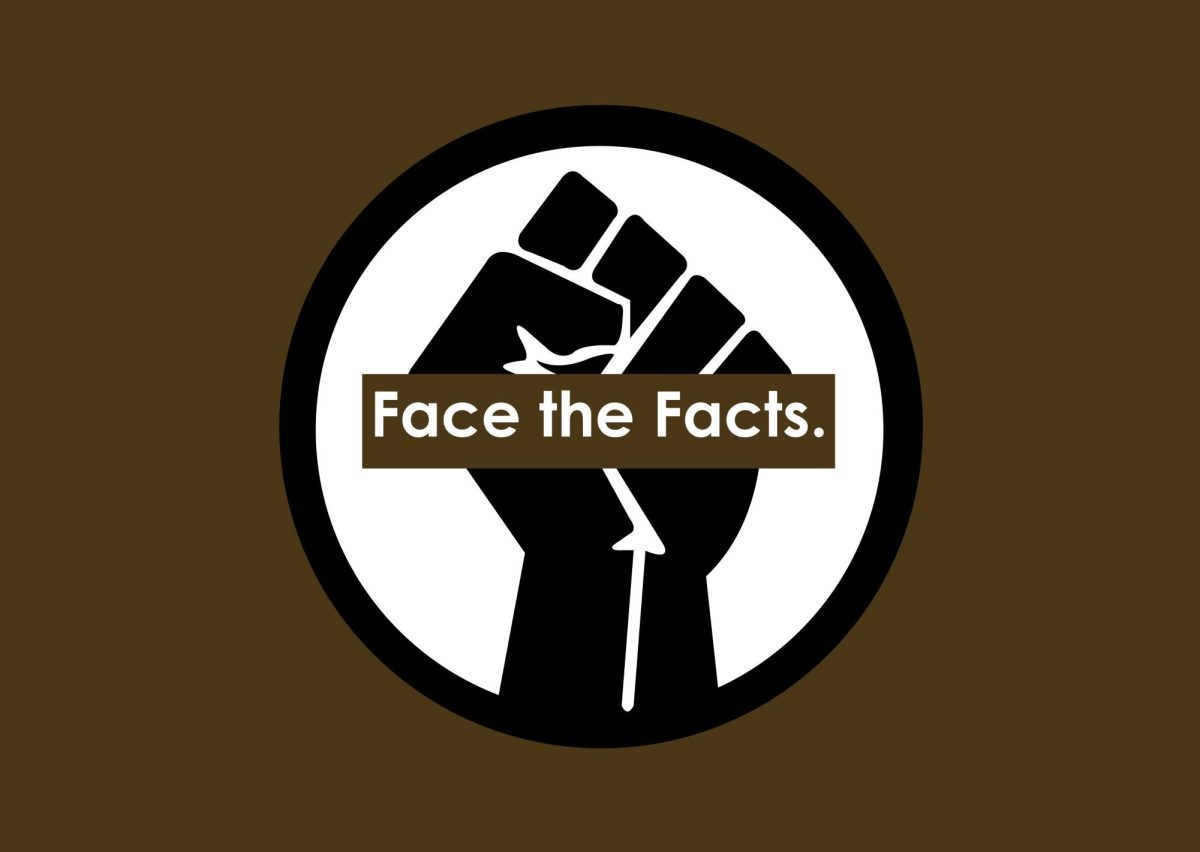









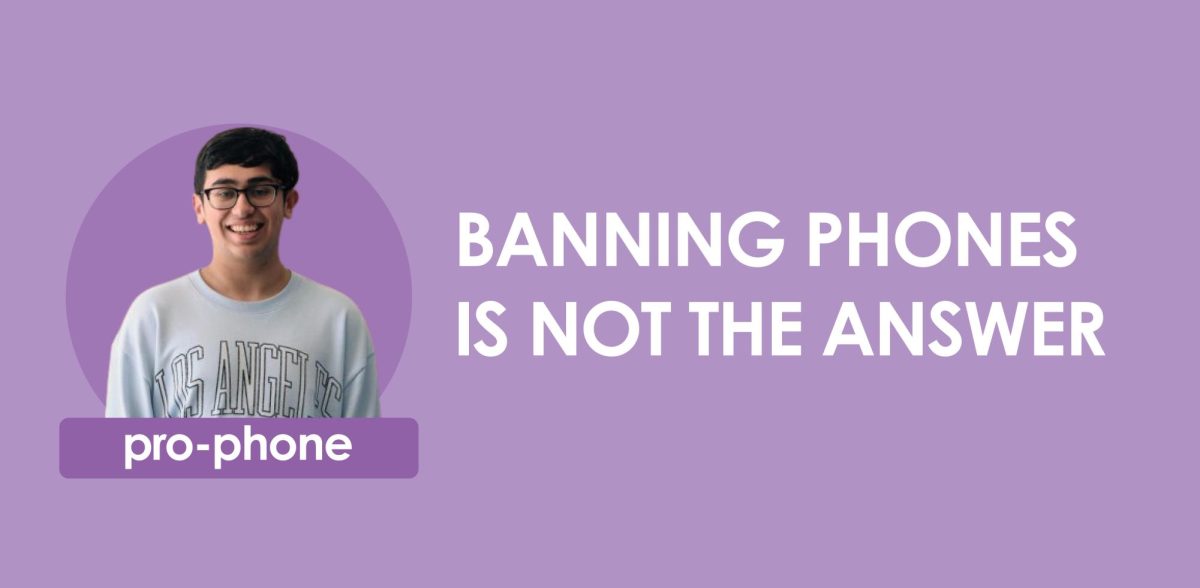
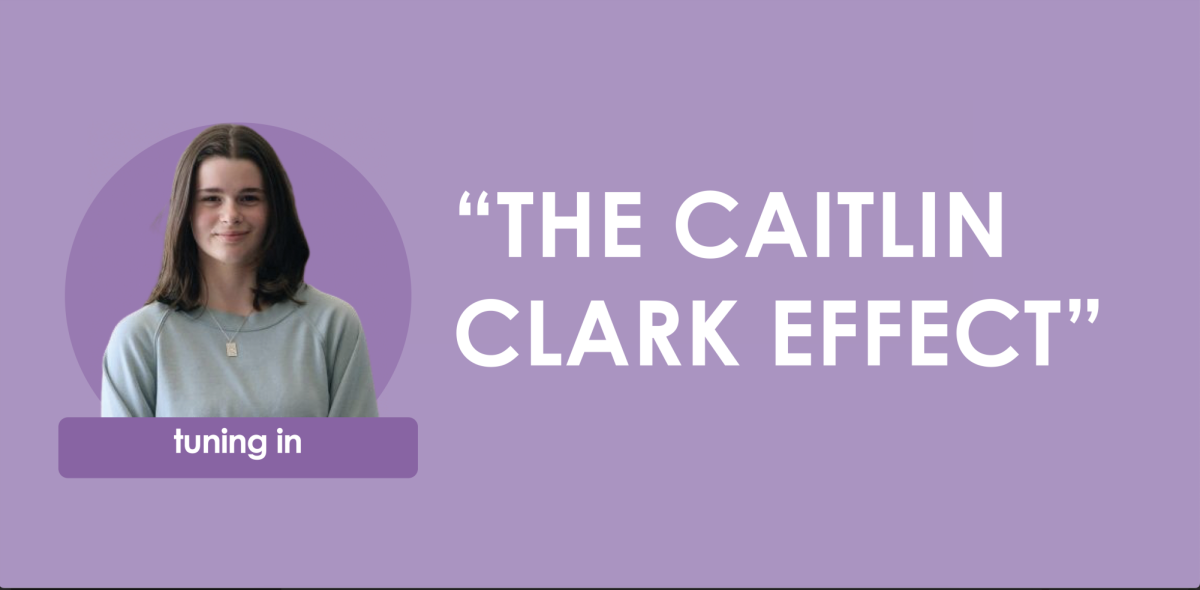

















![Family vlogger controversy, need for content reform [opinion]](https://hilite.org/wp-content/uploads/2024/05/Screenshot-2024-05-14-11.33.37-AM-1200x465.png)
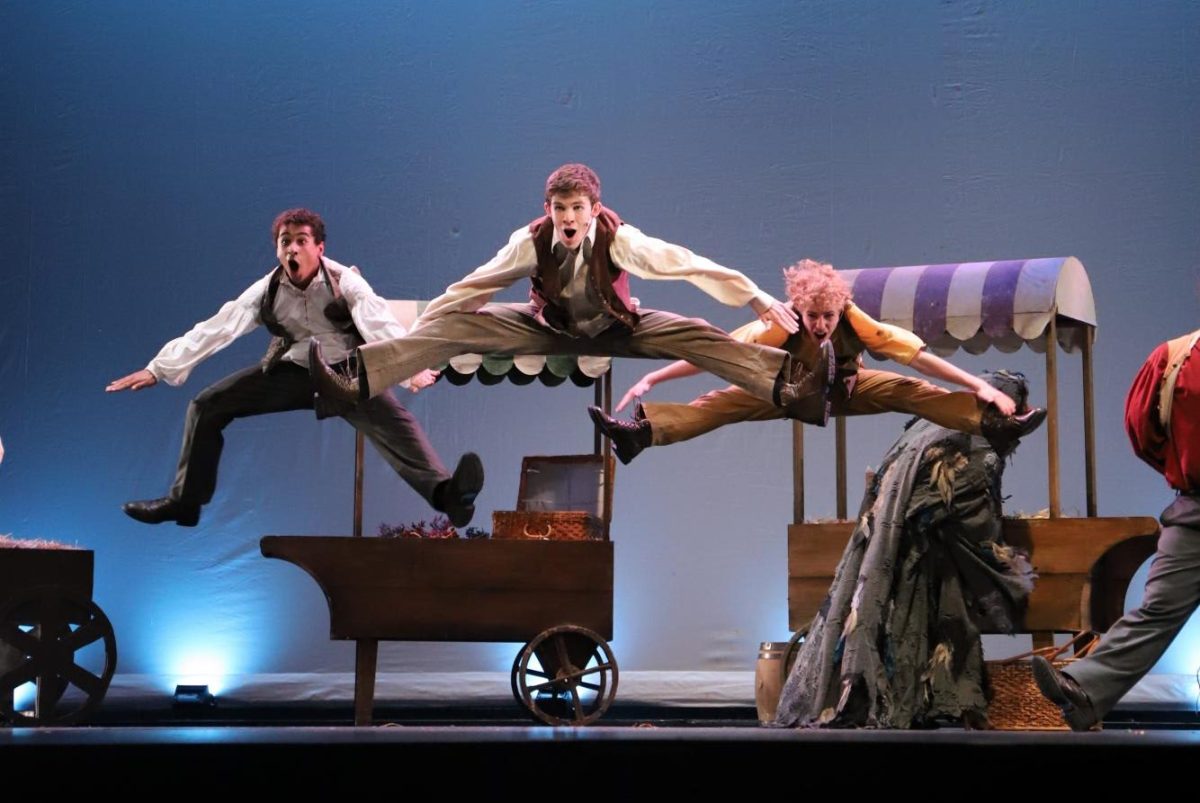




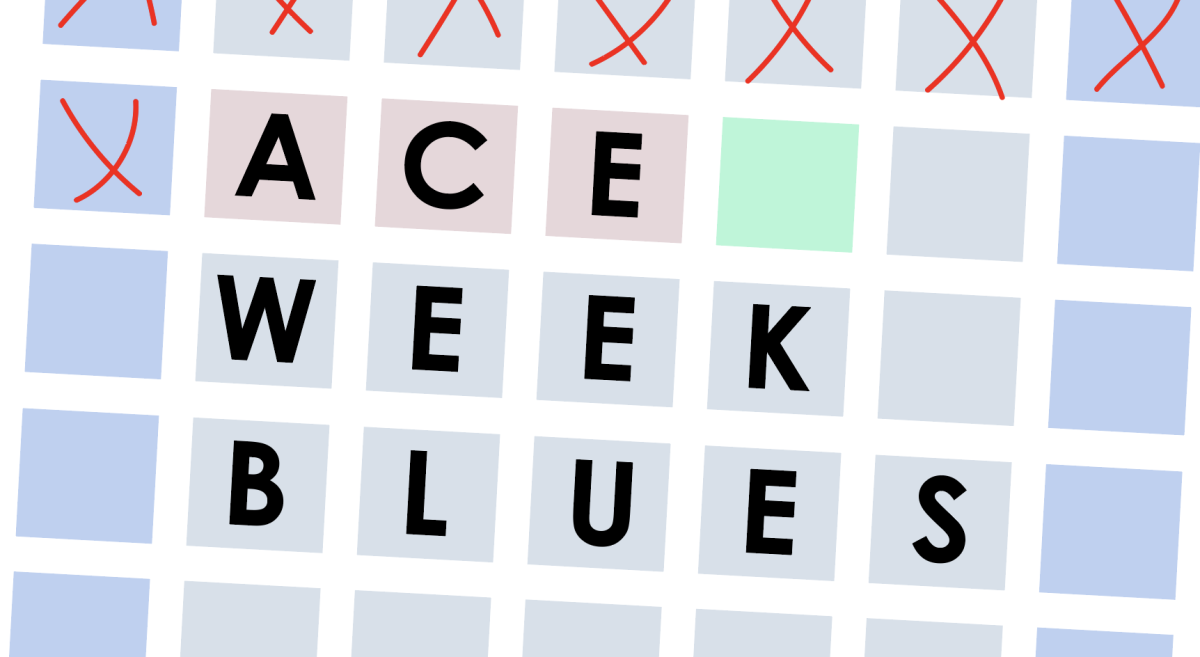
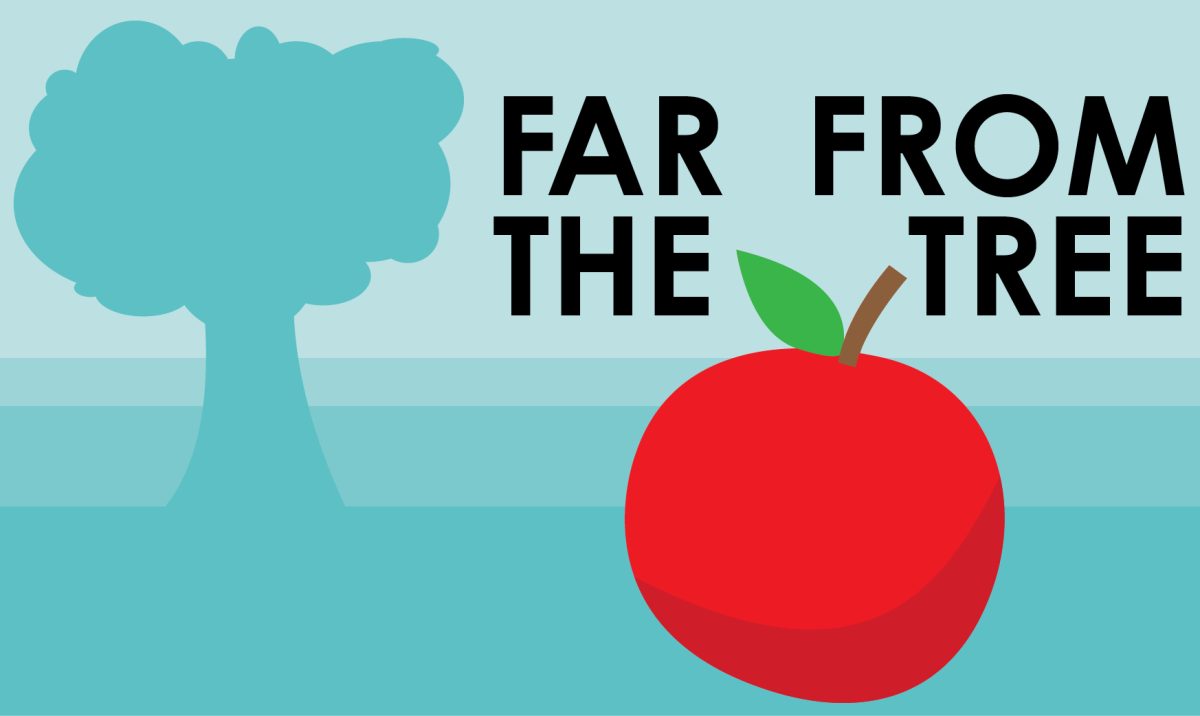
















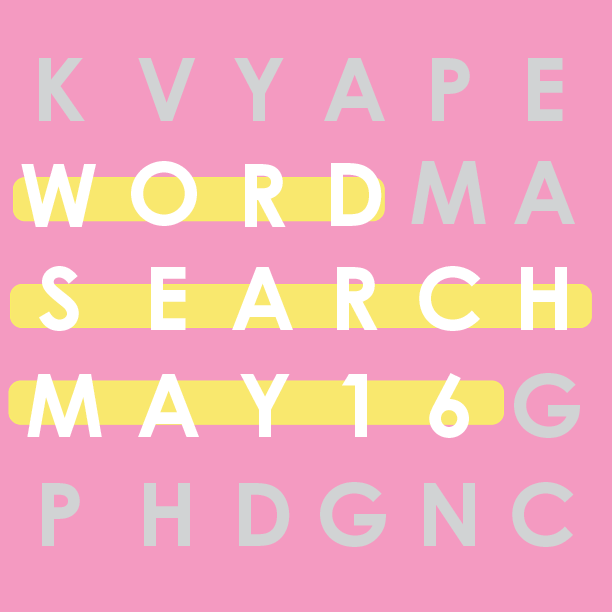
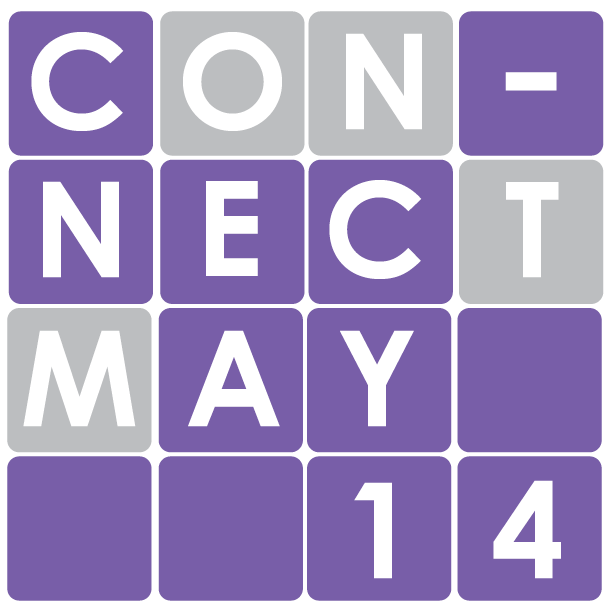
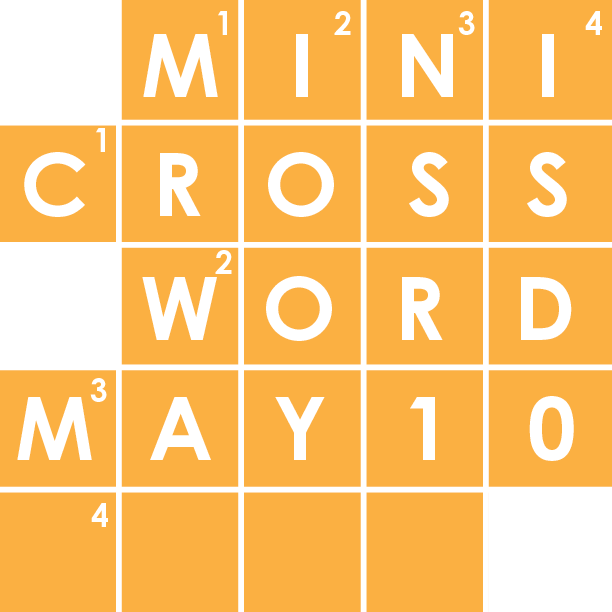
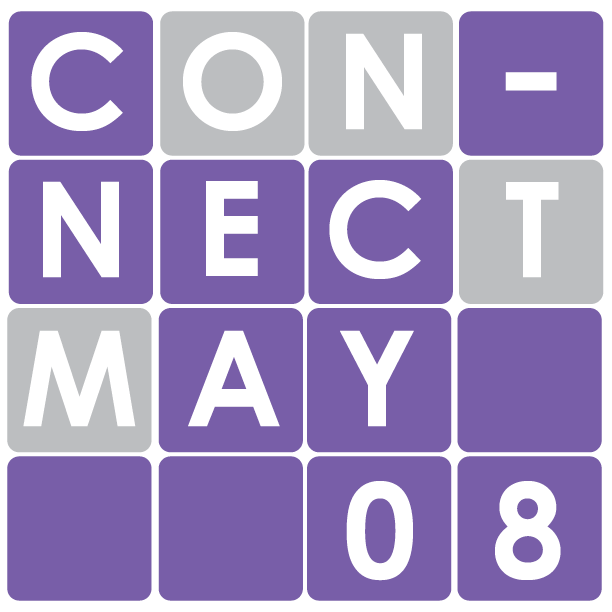
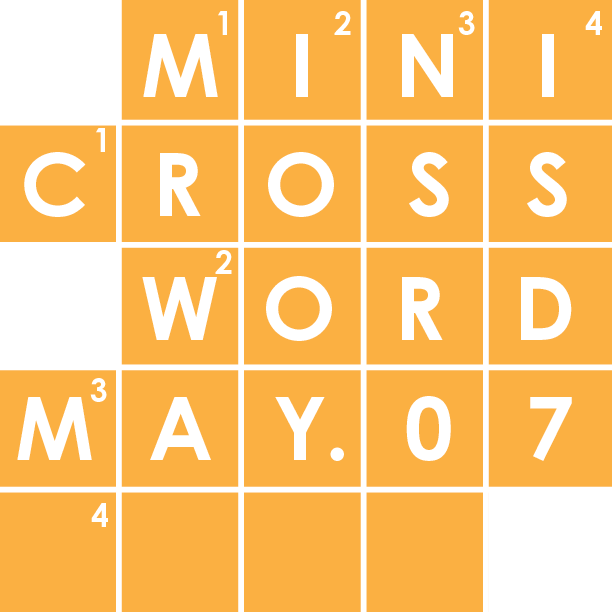
![Review: Taylor Swift’s new album The Tortured Poets Department is not her best work but is still a brilliant album [MUSE]](https://hilite.org/wp-content/uploads/2024/05/The-Anthology_Cover-1200x675.webp)
![Review: Challengers does it all [MUSE]](https://hilite.org/wp-content/uploads/2024/05/challengers-poster-1200x600.png)
![Review: A House of Flame and Shadow by Sarah J. Maas was a disappointing read [MUSE]](https://hilite.org/wp-content/uploads/2024/05/house-of-flame-and-shadow-feature.png)
![Review: Conan Gray’s new album, “Found Heaven”, is a refreshing twist on modern music [MUSE]](https://hilite.org/wp-content/uploads/2024/05/Screenshot-2023-10-31-at-16.01.05.webp)
![Review: “Bodies, Bodies, Bodies” is the quintessential Gen-Z movie [MUSE]](https://hilite.org/wp-content/uploads/2024/05/Screenshot-2024-05-15-140618.png)
![Review in Print: Maripaz Villar brings a delightfully unique style to the world of WEBTOON [MUSE]](https://hilite.org/wp-content/uploads/2023/12/maripazcover-1200x960.jpg)
![Review: “The Sword of Kaigen” is a masterpiece [MUSE]](https://hilite.org/wp-content/uploads/2023/11/Screenshot-2023-11-26-201051.png)
![Review: Gateron Oil Kings, great linear switches, okay price [MUSE]](https://hilite.org/wp-content/uploads/2023/11/Screenshot-2023-11-26-200553.png)
![Review: “A Haunting in Venice” is a significant improvement from other Agatha Christie adaptations [MUSE]](https://hilite.org/wp-content/uploads/2023/11/e7ee2938a6d422669771bce6d8088521.jpg)
![Review: A Thanksgiving story from elementary school, still just as interesting [MUSE]](https://hilite.org/wp-content/uploads/2023/11/Screenshot-2023-11-26-195514-987x1200.png)
![Review: When I Fly Towards You, cute, uplifting youth drama [MUSE]](https://hilite.org/wp-content/uploads/2023/09/When-I-Fly-Towards-You-Chinese-drama.png)
![Postcards from Muse: Hawaii Travel Diary [MUSE]](https://hilite.org/wp-content/uploads/2023/09/My-project-1-1200x1200.jpg)
![Review: Ladybug & Cat Noir: The Movie, departure from original show [MUSE]](https://hilite.org/wp-content/uploads/2023/09/Ladybug__Cat_Noir_-_The_Movie_poster.jpg)
![Review in Print: Hidden Love is the cute, uplifting drama everyone needs [MUSE]](https://hilite.org/wp-content/uploads/2023/09/hiddenlovecover-e1693597208225-1030x1200.png)
![Review in Print: Heartstopper is the heartwarming queer romance we all need [MUSE]](https://hilite.org/wp-content/uploads/2023/08/museheartstoppercover-1200x654.png)











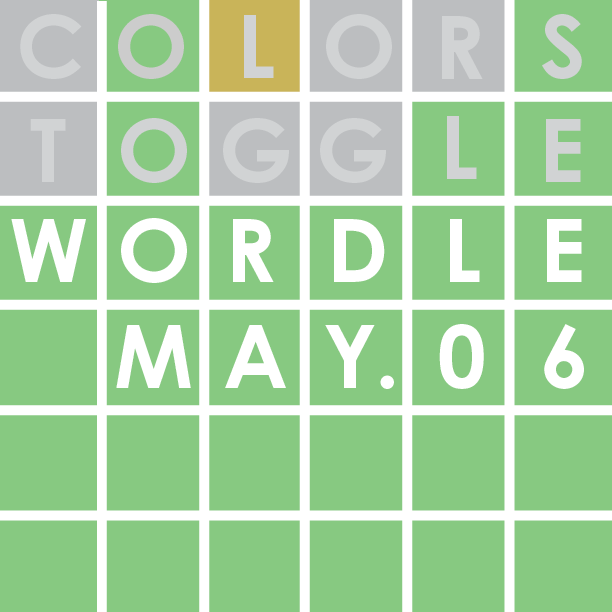

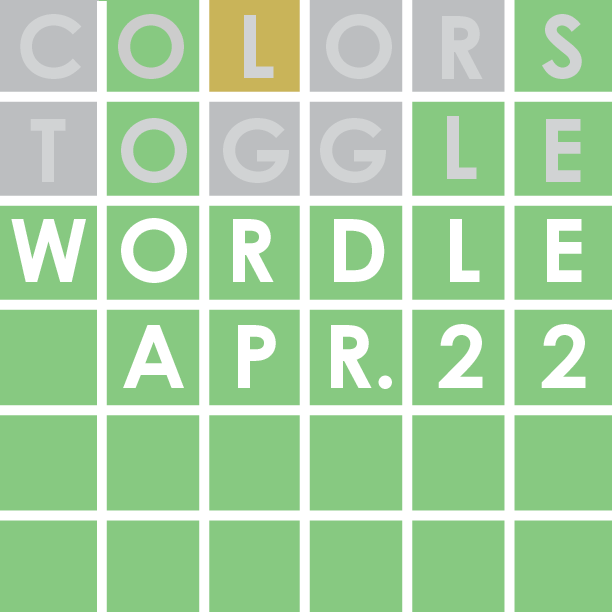

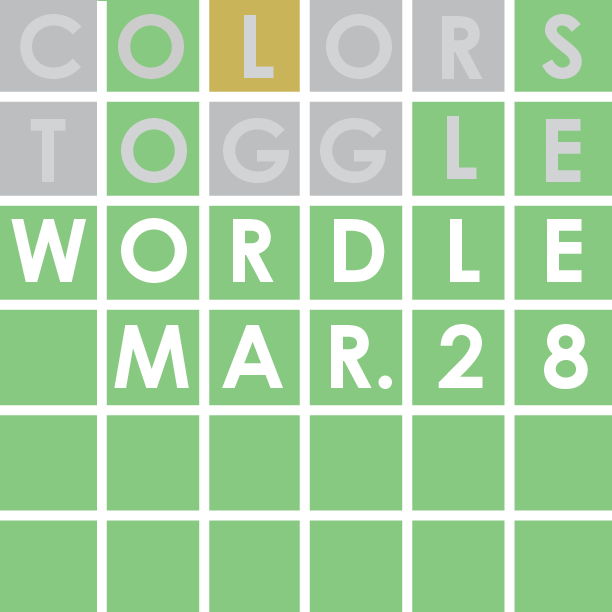






![Review: “Ginny & Georgia” is a dramatic and poorly made emotional rollercoaster–and I loved it anyway [MUSE]](https://hilite.org/wp-content/uploads/2024/03/ginny-and-georgia-season2-main-be37bbb9487a41e88b3f66c3baacd5c3-300x177.jpg)
![Review: Witch Hat Atelier is a masterpiece in art and world-building, but the story has only begun [MUSE]](https://hilite.org/wp-content/uploads/2024/01/unnamed-211x300.png)
![Review: “Mysterious Lotus Casebook” is an amazing historical Chinese drama [MUSE]](https://hilite.org/wp-content/uploads/2024/03/0-300x170.webp)
![Review: “A Little Life” by Hanya Yanagihara is the epitome of a heartwrenching masterpiece [MUSE]](https://hilite.org/wp-content/uploads/2024/01/unnamed-5-300x200.png)



